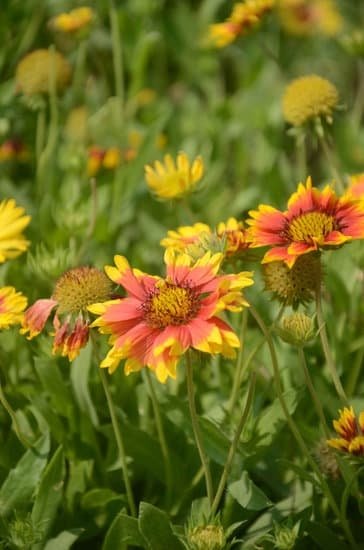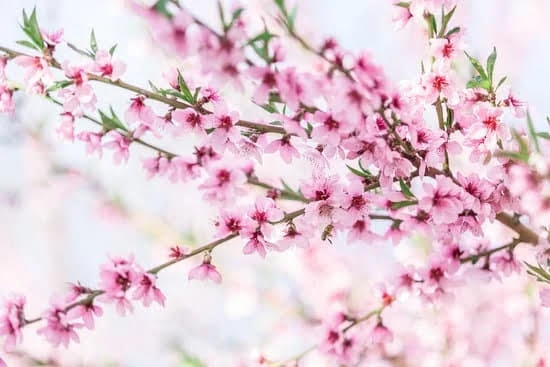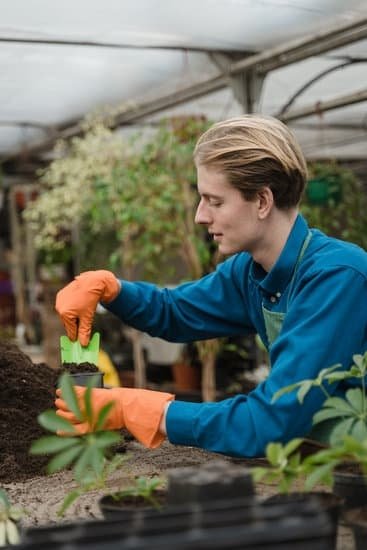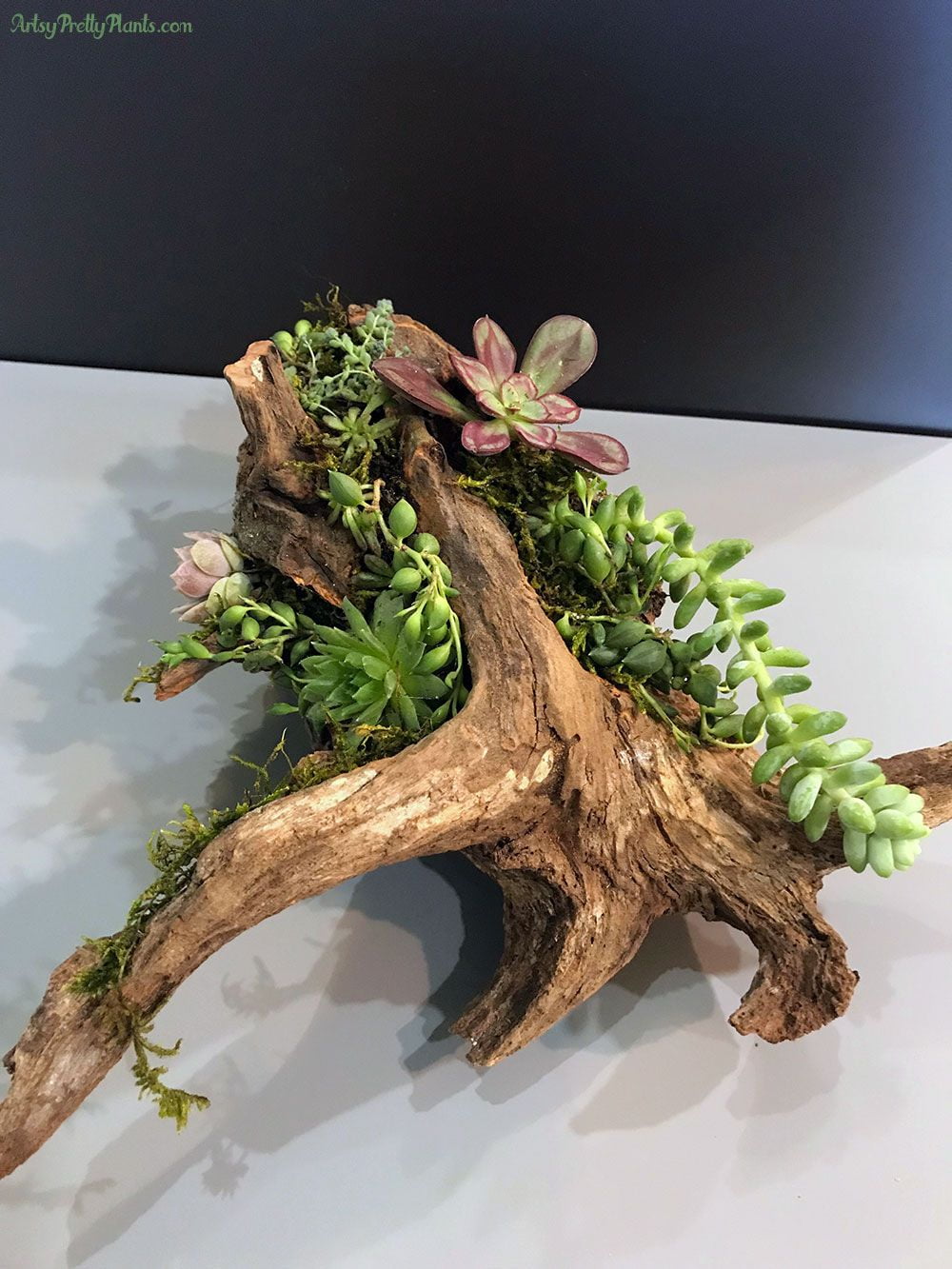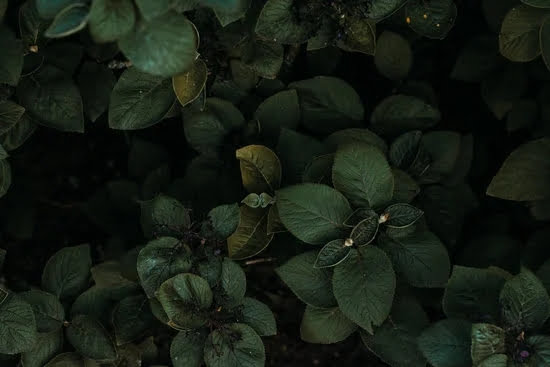Rose Gardening Tips For Beginners
When it comes to gardening, roses are one of the most popular plants to grow. Roses come in a variety of colors, sizes and shapes, and can be used to add beauty to any garden. If you’re new to gardening, roses may seem like a daunting plant to grow, but with a little bit of information and some basic rose gardening tips, you can be growing beautiful roses in no time.
The first thing you need to know about growing roses is that they need a lot of sunlight. Roses need at least six hours of direct sunlight each day. If you don’t have a spot in your garden that gets that much sun, you can grow roses in containers and move them to a sunny spot each day.
Another important factor to consider when growing roses is soil pH. Roses prefer a soil pH of 6.0-7.0. If your soil is not within that pH range, you can adjust it by adding lime or sulfur to the soil.
Roses also need plenty of water. During the summer months, you’ll need to water your roses every day, and more often if it’s hot and dry. You can tell if your roses need water by checking the soil. If the soil is dry, it will be crumbly and will not hold together when you squeeze it.
One of the most important rose gardening tips is to fertilize your roses regularly. You can use a water-soluble fertilizer or a slow-release fertilizer. Fertilize your roses every two to four weeks, depending on the type of fertilizer you’re using.
Pruning your roses is also important. You should prune your roses once a year, in the early spring. Cut the dead flowers and stems back to the nearest healthy bud. You can also prune the bush to shape it the way you want.
If you follow these basic rose gardening tips, you can be on your way to growing beautiful roses in no time.
Gardening Tips For Beginners Australia
There are a few things to know about gardening in Australia if you are a beginner. The first is that the climate is quite different from other parts of the world. In general, the country has a hot, dry climate with some tropical regions. This means that plants that thrive in other countries may not do well in Australia.
The second thing to know is that the soil in Australia is also different. It is often sandy or clay-based, which can make it difficult to grow plants. You may need to amend the soil in your garden with compost or other organic materials to make it more hospitable to plants.
Finally, Australian gardening requires some specific knowledge about the plants that grow well in the country. There are many plants that are native to Australia and can be grown in your garden, including eucalyptus, acacia, and banksia. You can also find many plants that have been introduced from other parts of the world, such as roses and tomatoes.
If you are new to gardening in Australia, start by doing some research on the plants that grow well in your region. Then, amend your soil and choose plants that are suited to your climate. With a little bit of knowledge and some practice, you will be able to create a beautiful Australian garden.
Best Beginner Gardening Tips
Starting a garden can be a daunting task, but with a few simple tips, you can be on your way to a thriving garden in no time. Here are some of our best beginner gardening tips:
1. Start small. When you’re starting a garden for the first time, it’s best to start small. You can always expand later if you want.
2. Choose the right plants. Not all plants are created equal – some are better suited for beginners than others. Choose plants that are easy to care for and that don’t require a lot of maintenance.
3. Choose the right location. Not all plants thrive in all locations. Choose a location for your garden that is sunny and has good drainage.
4. Use the right tools. Gardening can be a lot easier if you have the right tools. Make sure to invest in a good pair of gloves, a trowel, and a watering can.
5. Follow the right care instructions. Not all plants need the same care. Make sure to read the care instructions carefully before you start gardening.
6. Get creative. Gardening can be a lot of fun – and you can get creative with it too. Try planting different types of plants together, or create a garden that is specific to your interests.
7. Ask for help. If you’re having trouble with your garden, don’t be afraid to ask for help. There are plenty of gardening experts out there who are happy to offer advice.
With these tips, you’ll be well on your way to creating a beautiful and thriving garden.
Gardening Tips For Beginner
Gardeners
Gardening can be a fun and rewarding activity, but it can also be a lot of work. If you are new to gardening, here are a few tips to help you get started.
1. Choose the right plants. Not all plants are suitable for beginners. Choose plants that are easy to grow and that do well in your climate.
2. Choose the right location. Choose a location that gets plenty of sun and has good drainage.
3. Amend the soil. Amend the soil with compost or fertilizer to help the plants grow better.
4. Water the plants regularly. Plants need water to grow, so make sure to water them regularly.
5. weed the garden regularly. Weeds can compete with plants for nutrients and water, so make sure to weed the garden regularly.
6. Protect the plants from pests and diseases. Protect the plants from pests and diseases by using pesticides and fungicides.
7. Harvest the fruits and vegetables. Harvest the fruits and vegetables when they are ripe.
Easy Gardening Tips For Beginners
Starting a garden can seem like a daunting task, but with these easy gardening tips for beginners, you’ll be on your way to a thriving garden in no time!
1. Choose the right plants. Not all plants are created equal, and not all plants will thrive in your garden. Choose plants that are suited to your climate and your soil type.
2. Start small. Don’t try to plant a huge garden your first time out. Start small and gradually add plants as you become more experienced.
3. Amend your soil. If your soil is not suitable for growing plants, amend it with compost or other organic matter. This will help your plants to thrive.
4. Water wisely. Don’t water your plants too much or too little. Find out how much water your plants need and water them accordingly.
5. Mulch your plants. Mulching your plants will help to retain moisture, keep the soil cool, and suppress weed growth.
6. Prune your plants. Pruning your plants will help them to grow healthy and strong. Prune them according to their individual needs.
7. Fertilize your plants. Fertilize your plants regularly to help them to grow healthy and strong. Choose a fertilizer that is suited to your plants’ needs.
8. Protect your plants. Protect your plants from pests and diseases by using pesticides and fungicides as needed.
9. Enjoy your garden! Gardening is a fun and rewarding hobby. Take the time to enjoy your garden and relax in the peace and quiet of nature.
“

Welcome to my gardening blog! I am passionate about plants and enjoy sharing my knowledge and experiences with others. In this blog, I will write about everything related to gardening, from tips on how to get started to updates on my own garden projects.

